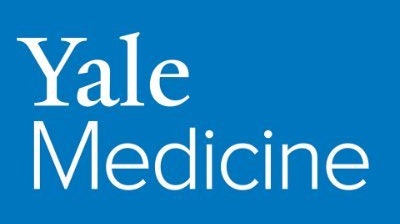
Yale Medicine has launched the “Female + Athlete Program.” The program, located at the Yale Medicine and Yale New Haven Children’s Hospital, is staffed with athletic trainers, nurses, orthopaedic surgeons, sports medicine specialists and psychologists to focus on women’s sports-related injuries of all levels.
According to Yale Medicine, “for female athletes, certain problems—including anterior cruciate ligament (ACL) injury, concussion, and stress fracture—happen more often than they do in male athletes.”
The program seeks to find out why these injuries happen more often in women and provide specialized care to the athletes who suffer from them. The program will see pediatric patients ranging all the way up to women in their early 20s, so youth sports participants, high school athletes and college athletes can all get the care they need.
Dr. Corinna Franklin is a pediatric orthopaedic surgeon and Female + Athlete Program director. She explained the program’s process which begins with an athletic trainer. “Our athletic trainer decides which doctor they should see. If it’s a patient who we know needs surgery, they meet with me. But usually, our patients first see our specialists who focus on nonoperative sports medicine and adolescent health. We also assess if they need to see our psychologist. If so, we would make a brief introduction in the clinic. If patients need ongoing therapy, we schedule that separately.”
Dr. Franklin told Yale Medicine that she’s excited about the program because, “although there are now many studies that look at girls and women, many existing practice standards for athletes have been designed for males based on older research performed on males and not females.”
From hip bone structure that affects leg mechanics to an increased likelihood of concussions, there are several unique factors to treating female athletes. The comprehensive health care and research taking place at the Female + Athlete Program hopes to provide high-level care while answering long-held questions about the specifics of female athlete health.
Said Dr. Franklin, “For example, you can’t apply a study that has been done on male football players to female volleyball players. Female athletes have different sets of risks, and they may have different sets of needs. So, in this program, we both apply evidence from studies looking at female athletes and also look at each patient individually; it's important to understand our patients’ biology and needs from a sex and gender-based perspective.”





































